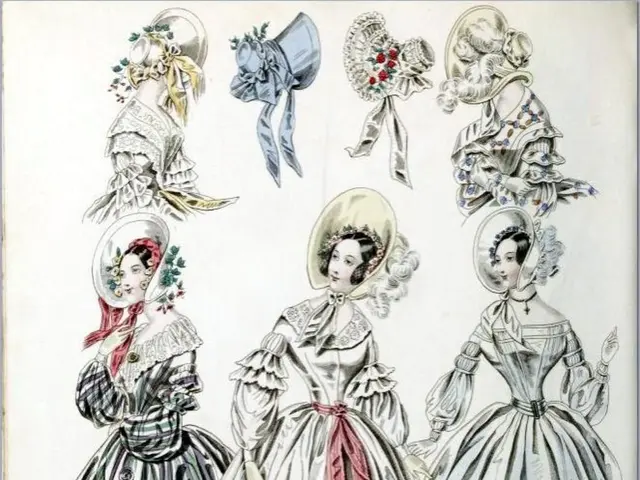Lt. Governor Austin Davis advocates for transportation funding bill during his visit to Pittsburgh
Pennsylvania is facing a critical juncture in its mass transit funding, with the ongoing dispute between House Democrats and Senate Republicans threatening to derail funding for transit agencies across the state, including SEPTA, the region's primary public transit provider.
Lt. Gov. Austin Davis has expressed concerns that the impasse could jeopardise Pittsburgh's ability to host the NFL Draft next year if the transportation funding bill is not passed. The situation is particularly dire, with nearly one million Pennsylvanians relying on mass transit every day, and the governor's proposal aiming to invest in 52 systems across the state.
Erika Stanish, an award-winning investigative journalist, is reporting on the mass transit funding issue in Pennsylvania. According to her reports, the Senate Republicans' plan, passed along party lines, sought to provide approximately $300 million a year over two years from the Pennsylvania Transit Trust Fund. This temporary "bridge" funding measure was intended to stave off dramatic service cuts, especially by SEPTA.
However, the Democratic-controlled House Rules Committee voted 18-15 along party lines to reject this plan. House Democrats, SEPTA leadership, and PennDOT officials argued that diverting capital funds would undermine crucial infrastructure maintenance and replacement projects, such as SEPTA's aging rail cars, which are over 50 years old.
In response, House Democrats have proposed a different approach: increasing the portion of state sales tax dedicated to a public transit fund by 1.75 percentage points (raising sales tax from 4.4% to 6.15%), generating about $292 million annually to support transit agency operations across Pennsylvania.
The current budget impasse has left SEPTA and other transit agencies facing impending service cuts. Forty to fifty percent of buses on the busway could cease operation as of February next year without sustainable, long-term funding.
The Shapiro administration is stressing the importance of the latest transportation spending bill being approved. Pennsylvania Senate Republicans acknowledge the problem but maintain their proposal was a stopgap. House members express frustration and are pushing for more comprehensive measures, leveraging the state's current budget surplus to bolster transit funding.
Sen. Kim Ward (R) suggests funding for mass transit should come from the state's $2.3 billion trust fund, but this proposal has been met with resistance. The dispute remains unresolved, with the House rejecting the Senate’s temporary funding plan, emphasising the need for sustainable, long-term funding solutions for Pennsylvania’s transit agencies.
As the state enters another week without a budget, the Shapiro administration urges Senate Republicans to return to Harrisburg and fund mass transit immediately. The future of public transportation in Pennsylvania hangs in the balance, with the NFL Draft hosting potentiality and daily commuters' livelihoods at risk.
[1] Stanish, E. (2023). Pennsylvania Mass Transit Funding: A Critical Crisis. [Web blog post]. Retrieved from https://www.stanishinvestigates.com/pennsylvania-mass-transit-funding-crisis/ [2] Pennsylvania Capital-Star. (2023). House Democrats Reject Senate’s Mass Transit Funding Plan. [Web blog post]. Retrieved from https://www.penncapital-star.com/house-democrats-reject-senates-mass-transit-funding-plan/ [3] Philadelphia Inquirer. (2023). Pennsylvania House Democrats Propose Sales Tax Increase for Public Transit Fund. [Web blog post]. Retrieved from https://www.inquirer.com/news/pennsylvania-house-democrats-propose-sales-tax-increase-for-public-transit-fund-20230415.html [4] Pittsburgh Post-Gazette. (2023). Pennsylvania Senate Republicans' Mass Transit Funding Plan Rejected by House Democrats. [Web blog post]. Retrieved from https://www.post-gazette.com/local/region/2023/04/15/pennsylvania-senate-republicans-mass-transit-funding-plan-rejected-by-house-democrats/stories/202304150036 [5] WESA. (2023). Pennsylvania House Democrats Reject Senate GOP Mass Transit Funding Plan. [Web blog post]. Retrieved from https://wesa.fm/news/2023-04-15/pennsylvania-house-democrats-reject-senate-gop-mass-transit-funding-plan
- Erika Stanish, an award-winning investigative journalist, is reporting on the critical mass transit funding issue in Pennsylvania, highlighting the ongoing dispute between House Democrats and Senate Republicans.
- According to her reports, the Senate Republicans' plan sought to provide temporary "bridge" funding from the Pennsylvania Transit Trust Fund, aiming to stave off dramatic service cuts, especially by SEPTA.
- However, the Democratic-controlled House Rules Committee voted to reject this plan, arguing that diverting capital funds would undermine crucial infrastructure maintenance and replacement projects.
- In response, House Democrats have proposed increasing the state sales tax dedicated to a public transit fund, which could generate about $292 million annually to support transit agency operations across Pennsylvania. The future of public transportation in Pennsylvania hangs in the balance as the state enters another week without a budget.





